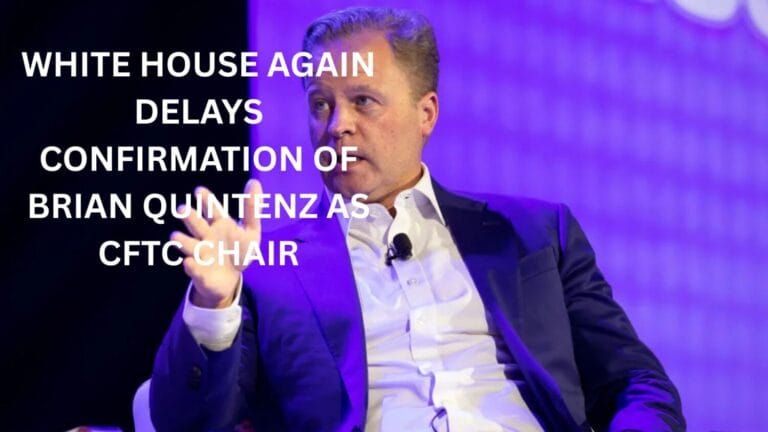Key Takeaways
- All crypto wallets on the Patria Platform, the exclusive trading platform for the petro, are slated to close on January 15
- The remaining petros are to be converted to the country’s local currency- bolivars
Venezuela is bringing an end to the petro cryptocurrency, a digital currency launched by President Nicolas Maduro six years ago to navigate around U.S. sanctions. Despite its ambitious debut in February 2018, supported by Venezuela’s substantial petrol reserves, the petro failed to gain momentum and became embroiled in a corruption scandal.
All crypto wallets on the Patria Platform, the exclusive trading platform for the petro, are slated to close on Monday, January 15, according to an announcement on the platform’s website. Any remaining petros will be converted to bolivars, the country’s struggling local currency.
The state-backed crypto, tethered to Venezuela’s oil reserves, was introduced amidst a sharp decline in the fiat bolivar under U.S. sanctions and the growing popularity of Bitcoin in the country. Although President Maduro championed the petro as a solution to access international financing amid economic sanctions, its complex functionality and accusations of being a “scam” hindered its adoption.
Initially priced at $60 per unit and launched with much pomp, the petro aimed to revolutionize international financing. However, citizens struggled to understand its use, and risk rating bodies labeled it a scam. In 2020, attempts were made to boost its utility by mandating airlines to use it for fuel payments and making it compulsory for state service payments.
Despite these efforts, the petro’s usage remained confined to certain state operations, such as tax payments, and citizens found it challenging to comprehend and utilize. The government enforced banks to display their balances in both bolivars and petros.
The turning point for the petro came with a corruption scandal last year, involving mismanagement of funds from oil operations conducted with crypto assets. The fallout led to the resignation of Petroleum Minister Tareck El Aissami and the detention of numerous officials, including key figures from the Sunacrip crypto regulator.
This development marks the official end of the petro, with CryptoLand Venezuela declaring on social media, “The petro (PTR) is officially dead.” The fallout also triggered a crackdown on bitcoin mining operations in the country, where cryptocurrencies like bitcoin have served as popular safeguards against hyperinflation and bolivar deflation.
As Venezuela bids farewell to the petro, it’s worth noting that the country has seen a significant interest in cryptocurrencies. According to a survey presented in 2022 at the United Nations Conference on Trade and Development, 10.3 percent of Venezuelans own crypto, surpassing the percentages in the United States (8.3 percent) and Britain (5 percent).









